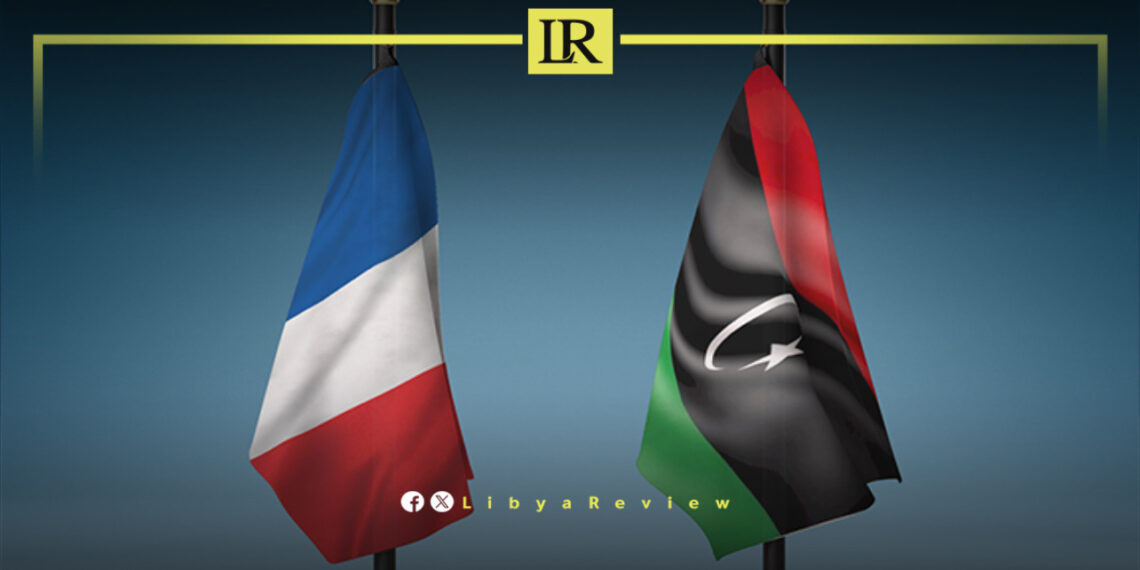On Sunday, Libya’s Attorney General, Al-Siddiq Al-Sour, held high-level discussions in Paris with France’s National Counterterrorism Prosecutor.
The meeting, which took place at the National Counterterrorism Prosecutor’s Office, focused on enhancing cooperation in criminal justice, particularly in tackling terrorism, war crimes, and crimes against humanity.
The talks underscored the importance of joint efforts in addressing transnational crimes, with both parties exploring mechanisms for conducting joint investigations. Such collaborative initiatives aim to bridge gaps in cross-border criminal prosecution and ensure accountability for perpetrators of serious crimes.
The Libyan Attorney General’s office emphasized the need for sharing expertise and resources to strengthen Libya’s judicial system. A key outcome of the meeting was the proposal for specialized training programs aimed at developing the skills of Libyan prosecutors. By adopting international standards and learning from French expertise, Libya seeks to enhance its ability to investigate and prosecute complex criminal cases effectively.
During his visit, Al-Sour also met with the French Directorate General of Police to discuss intelligence-sharing initiatives.
This engagement focused on tracing the sources of organized crime, including smuggling and trafficking networks that pose significant challenges to both Libya and Europe. The two sides agreed to coordinate closely on combating organized crime groups and enhancing the technical capacity of Libyan law enforcement.
The visit reflects Libya’s increasing reliance on international partnerships to tackle its pressing security and judicial challenges.
As a country grappling with internal conflict and a fragile political landscape, Libya faces persistent threats from organized crime, terrorism, and human trafficking. Strengthening ties with France, a nation known for its robust counterterrorism and criminal justice frameworks, marks a significant step in Libya’s pursuit of accountability and justice.
In recent years, Libya has sought to enhance its judicial and law enforcement capacities through training, intelligence sharing, and technical cooperation with global partners.


